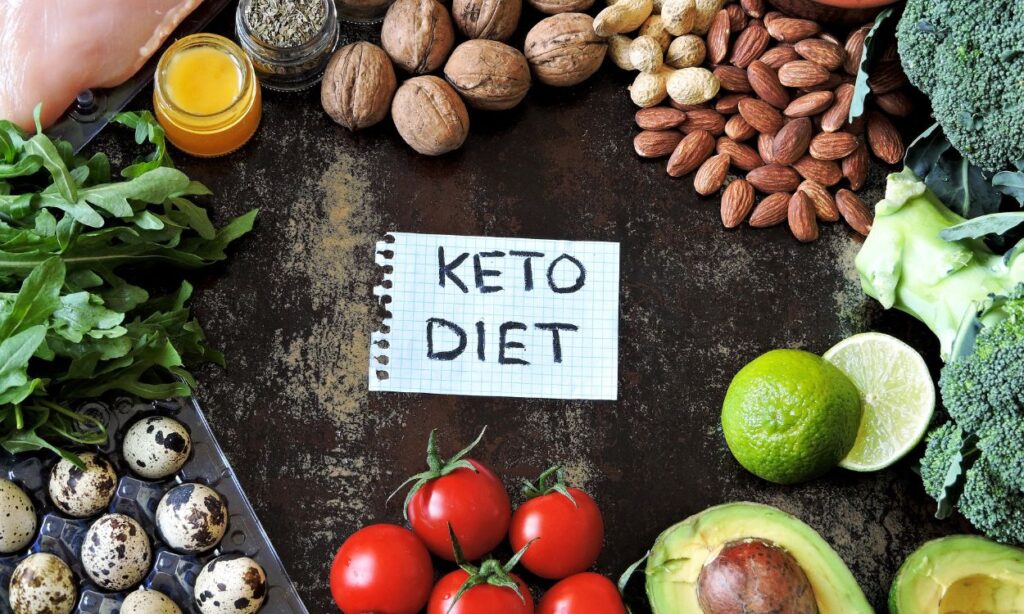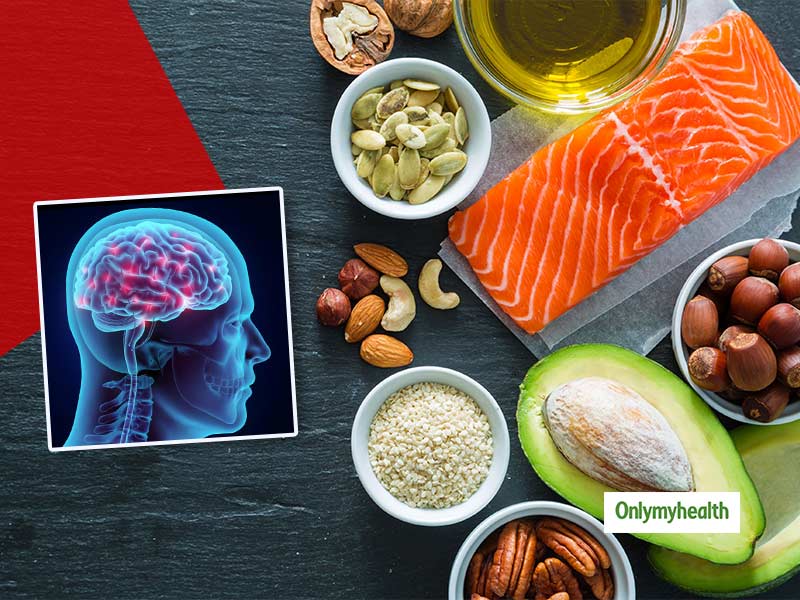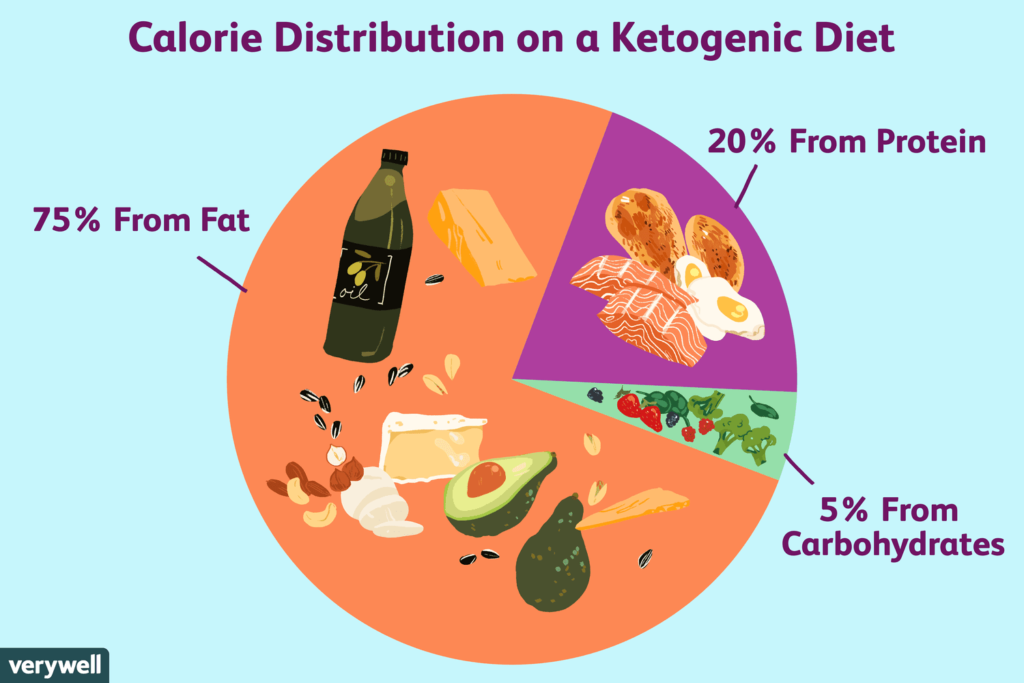Have you ever wondered how the keto diet can help with seizures? It may seem surprising, but there is evidence to suggest that a custom keto diet plan can be beneficial for managing seizures. In this article, we will delve into the details of the keto diet and discuss why it may be a great option for improving your health and potentially reducing seizures.
The keto diet, short for ketogenic diet, is a low-carb, high-fat eating plan that has gained popularity in recent years. The main idea behind this diet is to drastically reduce your carbohydrate intake and replace it with healthy fats. By doing so, your body enters a state of ketosis, where it starts burning fat for fuel instead of carbohydrates. This metabolic shift has been shown to have numerous benefits, including weight loss, increased energy levels, and improved mental clarity.
But how does the keto diet relate to seizures? Well, researchers have found that ketones, which are produced during ketosis, can have a positive impact on the brain. In fact, some studies have shown that following a custom keto diet plan may help reduce the frequency and severity of seizures in individuals with epilepsy. This is especially true for those who do not respond well to traditional seizure medications. By providing an alternative fuel source for the brain, the keto diet can potentially stabilize brain activity and decrease the risk of seizures.
As you can see, the keto diet has the potential to be a game-changer for individuals with seizures. In the upcoming article, we will explore the science behind how the keto diet works and provide practical advice on how to create a custom keto diet plan that suits your specific needs. So stay tuned to learn more about how the keto diet can positively impact your health and potentially reduce seizures.

Understanding the Keto Diet
The keto diet, short for ketogenic diet, is a low-carb, high-fat diet that has gained popularity in recent years. It involves drastically reducing carbohydrate intake and replacing it with fat. This shift in macronutrient balance puts the body into a state of ketosis, where it starts using fat as a primary source of fuel instead of carbohydrates.
What is the keto diet?
The keto diet focuses on consuming foods that are high in fat and low in carbohydrates. This includes foods such as meat, fish, eggs, dairy products, nuts, and healthy oils. On the other hand, foods high in carbohydrates, such as grains, legumes, fruits, and starchy vegetables, are limited or eliminated.
How does the keto diet work?
When you consume a high amount of carbohydrates, your body converts them into glucose, which is used as the primary source of energy. However, on a keto diet, carbohydrate intake is limited, so the body starts breaking down fats into ketones to use as an alternative fuel source. This metabolic switch leads to ketosis.
Benefits of the keto diet
The keto diet has gained attention for its potential health benefits. Aside from weight loss, research suggests that the keto diet may help improve insulin sensitivity, reduce inflammation, and enhance brain function. This has led to its use as a therapeutic diet for various conditions, including seizures.
Why the Keto Diet is Beneficial for Seizures
The link between seizures and diet
For individuals with epilepsy and other seizure disorders, certain dietary interventions have been shown to reduce seizure frequency and severity. The ketogenic diet is one such intervention that has been studied extensively. It involves consuming high amounts of fat, adequate protein, and very low carbohydrates.
How the keto diet affects seizures
The exact mechanisms by which the keto diet affects seizures are not yet fully understood. However, it is believed that the ketones produced during ketosis, particularly beta-hydroxybutyrate, have anti-seizure properties. They can inhibit the excitability of neurons and enhance inhibitory neurotransmission, thereby reducing seizure activity.
Studies supporting the use of keto diet for seizures
Several studies have demonstrated the efficacy of the keto diet in reducing seizures, particularly in children with treatment-resistant epilepsy. A review of 28 studies found that approximately half of the participants experienced a 50% or greater reduction in seizure frequency, and about 16% became seizure-free.
Customizing a Keto Diet Plan
Importance of customization
While the standard keto diet can be effective for many individuals, it may not be suitable for everyone, especially those with specific health conditions or unique dietary needs. Customizing a keto diet plan ensures that it is tailored to your individual requirements, improving its effectiveness and sustainability.
Understanding individual dietary needs
Before embarking on a custom keto diet plan, it is important to understand your individual dietary needs. Factors such as age, sex, weight, activity level, and health conditions should be taken into consideration. Consulting with a healthcare professional or a registered dietitian can help you determine the optimal macronutrient ratios for your diet.
Working with a healthcare professional
Designing a custom keto diet plan for seizures should be done under the supervision of a healthcare professional. They can provide guidance, monitor your progress, and make necessary adjustments to the diet plan based on your specific needs and response.
Designing a Custom Keto Diet Plan for Seizures
Identifying trigger foods
When designing a custom keto diet plan for seizures, it is important to identify and eliminate trigger foods. These are foods that may worsen seizure activity or interfere with ketosis. Common trigger foods include high-carbohydrate items like bread, pasta, and sugary snacks. By avoiding these foods, you can optimize the effectiveness of the diet for seizure control.
Choosing seizure-friendly foods
On a custom keto diet plan for seizures, it is essential to choose foods that are nutrient-dense and support overall health. Incorporate a variety of healthy fats, such as avocados, nuts, and olive oil. Include high-quality protein sources like lean meats, fish, and poultry. Opt for low-carbohydrate vegetables and berries for added fiber and essential nutrients.
Balancing macronutrients for seizure control
Achieving the right balance of macronutrients is crucial for maintaining ketosis and maximizing seizure control. While the exact macronutrient ratios may vary depending on individual needs, a general guideline is to consume around 70-75% of calories from fat, 20-25% from protein, and 5-10% from carbohydrates. Fine-tuning these ratios may be necessary to find the optimal balance for seizure management.

Implementing a Custom Keto Diet Plan
Transitioning to a keto diet
Transitioning to a custom keto diet plan may require some adjustment and planning. Gradually reducing carbohydrate intake and increasing fat intake over a period of time can help minimize side effects such as fatigue, brain fog, and digestive issues. Consulting with a healthcare professional or a registered dietitian can provide valuable guidance during this transition.
Monitoring progress and adjusting the plan
Once you have implemented a custom keto diet plan, it is important to monitor your progress. Keep track of seizure frequency and severity in a seizure journal or diary. Regularly assess how your body is responding to the diet and make adjustments as needed. Consulting with a healthcare professional can help ensure that the diet remains effective and sustainable.
Managing potential challenges and side effects
While the keto diet can be beneficial for seizures, it may present some challenges and side effects. These can include nutrient deficiencies, constipation, and keto flu. Incorporating a variety of nutrient-dense foods, staying hydrated, and maintaining electrolyte balance can help address these issues. It is essential to communicate any concerns or difficulties with your healthcare professional.
Tracking the Impact of a Keto Diet on Seizures
Keeping a seizure journal
Keeping a detailed record of seizure activity and any potential triggers can help you identify patterns and assess the effectiveness of the custom keto diet plan. Note the date, time, duration, and description of each seizure episode, as well as any relevant factors such as sleep, stress, or changes in medication.
Monitoring seizure frequency and severity
Regularly track the frequency and severity of seizures to evaluate the impact of the custom keto diet plan. Consider using a seizure diary app or a calendar to make this process more convenient and organized. Share this information with your healthcare professional, who can provide valuable insights and recommendations based on your progress.
Consulting with a healthcare professional for evaluation
Regular consultations with a healthcare professional are essential when implementing a custom keto diet plan for seizures. They can evaluate the effectiveness of the diet, monitor your overall health, and make any necessary modifications to the plan. Collaboration with your healthcare team is crucial to ensure the best outcomes.

Other Health Benefits of a Custom Keto Diet
Weight loss and body composition improvements
Apart from its potential benefits for seizures, a custom keto diet plan may also lead to weight loss and improvements in body composition. The high-fat and low-carbohydrate nature of the diet can promote satiety, reduce appetite, and increase fat burning, which can aid in weight management and help achieve a healthier body composition.
Improvement in cognitive function
Emerging research suggests that the keto diet may have cognitive benefits beyond seizure control. It has been associated with improved focus, mental clarity, and cognitive performance. The ketones produced during ketosis are believed to provide an alternative energy source for the brain, potentially enhancing brain function.
Potential benefits for specific health conditions
While the focus of this article is on seizures, it is worth noting that the custom keto diet plan may have potential benefits for other health conditions. Research indicates that it may be effective in managing type 2 diabetes, polycystic ovary syndrome (PCOS), metabolic syndrome, and certain neurodegenerative disorders. However, further research is needed to fully understand the implications.
Ensuring Nutritional Adequacy on a Keto Diet Plan
Selecting nutrient-dense foods
A crucial aspect of a successful custom keto diet plan is ensuring that it is nutrient-dense. While the diet restricts certain foods, it is important to prioritize those that provide essential vitamins, minerals, and antioxidants. Include a variety of non-starchy vegetables, healthy fats, high-quality proteins, and small amounts of low-glycemic fruits to ensure balanced nutrition.
Supplement considerations
In some cases, supplementation may be necessary to meet specific nutrient needs on a custom keto diet plan. Common supplements that may be recommended include omega-3 fatty acids, vitamin D, magnesium, and electrolyte replacements. However, it is important to consult with a healthcare professional before starting any supplements.
Regular monitoring of nutrient levels
Regular monitoring of nutrient levels, particularly during the initial stages of a custom keto diet plan, can help identify any potential deficiencies or imbalances. Blood tests can assess levels of key nutrients such as vitamins, minerals, and electrolytes. This allows for targeted supplementation if needed, ensuring nutritional adequacy while following the diet plan.

Maintaining Long-Term Success with a Custom Keto Diet
Establishing sustainable habits
Long-term success with a custom keto diet plan for seizures necessitates establishing sustainable habits. Focus on incorporating a wide variety of foods, experimenting with recipes and meal options, and finding enjoyment in the diet. Strive for a balanced approach that incorporates flexibility and allows for occasional indulgences while maintaining overall adherence to the diet plan.
Flexibility and adaptation in the diet plan
The custom keto diet plan may need to be adapted over time to accommodate changes in health status, goals, and preferences. Regular reassessment of your dietary needs, monitoring of seizure activity, and open communication with your healthcare professional can help guide these adaptations and ensure continued success with the diet plan.
Continuing support and guidance
Embarking on a custom keto diet plan for seizures can be challenging, and it is important to remember that you are not alone. Seek support from friends, family, and online communities that share similar experiences. Additionally, staying connected with healthcare professionals who specialize in ketogenic diets can provide ongoing guidance, motivation, and support.
Conclusion
In conclusion, a custom keto diet plan can be a beneficial dietary approach for individuals with seizures. By tailoring the diet to individual needs and working closely with a healthcare professional, it is possible to optimize seizure control while reaping the potential benefits for weight loss and overall health. While it may require some adjustment and monitoring, the custom keto diet plan offers a promising option for those seeking alternative strategies for managing seizures. So, if you are considering trying the keto diet for seizures, consult with a healthcare professional to design a custom plan that suits your needs and embark on this holistic approach to better health.


